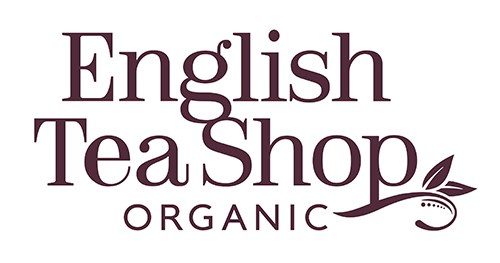Tech solutions to supply chain integrity
Piloting Biotrust: Exploring how technology could reduce integrity risks
Consumers know that certified organic products are products they can trust. Even with full supply chain certification, things can occasionally go wrong. When they do, it can be expensive and your brand reputation could be on the line.
So, is there anything additionally you can put in place to further reduce the likelihood of a significant organic integrity hiccup? As part of our ongoing mission to provide valued insights and guidance to our licensees, Soil Association Certification have been looking at different ways to reduce risk in organic supply chains.
Picture this scenario…the results are back from the lab and it’s not good. Despite your ingredients coming with an organic certificate from a reputable body, testing has revealed that there are detectable levels of a pesticide. All growers and handlers in the chain may well have followed organic standards to the letter, but this is still no guarantee of a product testing negative for residues.
Contamination is rare, but risk remains
With tests becoming ever more sensitive and limits of detection continually dropping, the presence of very small amounts of pesticides may suggest fraud or malpractice, but they may equally reflect the fact that we live in a polluted world. Where doubt exists as to the cause of contamination, a full investigation is often necessary.
Fortunately, such detections are rare, with the EU’s European Organic Certifiers Council’s Residues Task Force reporting residues detected in products from only 1.3% of a total 64,038 organic operators. Although certification keeps the risk of malpractice low, a growing global organic market, with ever more complex supply chains, will continue to present a challenge to product integrity.
Using technology to keep on top of product integrity
Soil Association Certification have been looking at business practice, testing and emerging technology platforms to better understand the future role they might collectively play. One piece of technology that caught our eye last year was Biotrust.
Developed by the Dutch national organic body, Bionext, the Biotrust tool uses Chainpoint technology and fixed calculations to determine a Product Risk Analysis. In short, this provides a risk score for purchasing from a given country, supplier and for a specific product. Biotrust does this by cleverly combining corruption data with a rating of supplier relationship, all calculated using information provided by the buyer themselves. As one of the architects of Biotrust put it, although it has base risk data provided by the industry, it’s essentially a self-assessment tool requiring the user to want to ‘look into the mirror’.
Piloting Biotrust
To get a sense of just how useful Biotrust could be to the sector, towards the end of last year, Soil Association Certification began a pilot to assess the platform. With the kind support of English Tea Shop, a number of organic businesses from differing sectors were invited to be part of the three-month pilot.
Biotrust proved to be a simple, intuitive tool that guided businesses through the risk assessments, containing questions that participants were comfortable asking their suppliers. We knew that participating businesses all had some existing form of risk assessment, so we were encouraged to hear that Biotrust didn't significantly duplicate anything they already did.
For some of our willing testers, the results of the risk assessments were as they expected; as such, they benefited from this reassurance. For others, it highlighted some information they didn't know about their supplier, and so acted as a prompt to have a discussion.
A positive experience, but there's more work to do
Biotrust is currently being used in the Netherlands predominantly. As the industry expert group that helps provide this risk information is also made up of Dutch organisations, the information it uses to generate a risk score is very centric to this market. Our testers indicated several products and risk areas that would need to be included to help the platform better serve the UK market. There would additionally be a need for a UK representation on the current expert technical group.
Although such changes would need to be made to optimise Biotrust, our conclusions from the pilot were positive overall. The functionality worked well and participants could certainly see a useful role for this type of technology, and there is more work to be done.
Biotrust is, however, only one tool for addressing risk in supply chains (and we will be covering others in our integrity guide, due for release in the autumn), but where it seems it could be really useful is in giving businesses a sense of how they might prioritise other risk reduction measures. Visiting an overseas supplier or increasing your product testing can be effective, but also costly, so a tool that could help determine where businesses might focus their efforts has great potential.
To make the changes needed to see Biotrust realise this potential, and be more widely adopted by industry, will take a bit of investment. We'll be working with Bionext to identify potentiation sources of investment that could take the platform to the next stage. Should the changes recommended by our pilot be made, it’s clear that Biotrust has the potential to be a major asset for businesses who want to more effectively manage risk in their organic supply chain.
Keen to learn more about organic integrity? Soil Association Certification will be publishing a trade guide with helpful tools and approaches to supply chain integrity this autumn, which will be launched at our Trade Conference on Wednesday 23rd October. If you’re a licensee and would like to join us at the conference to hear more about the guide, as well as other updates and development in the organic industry, you can now book your free ticket.



